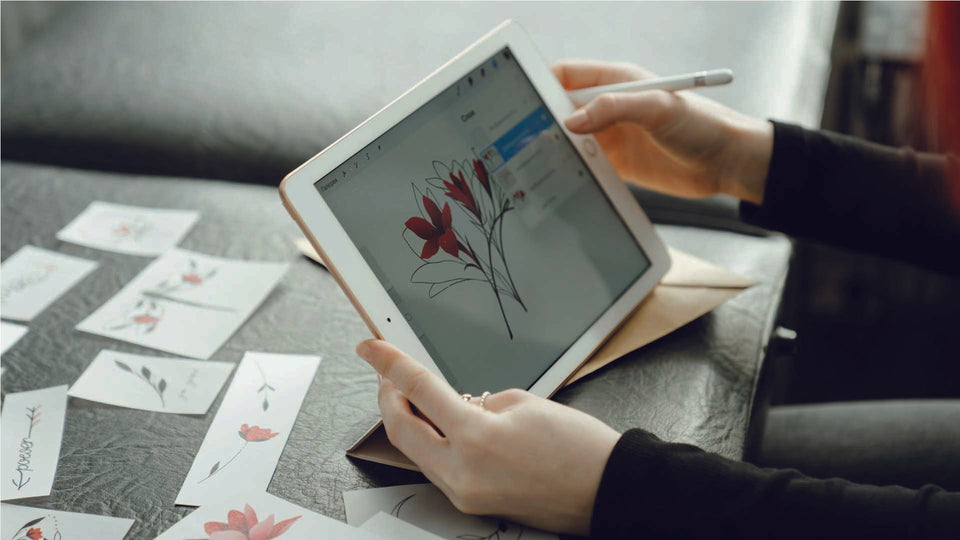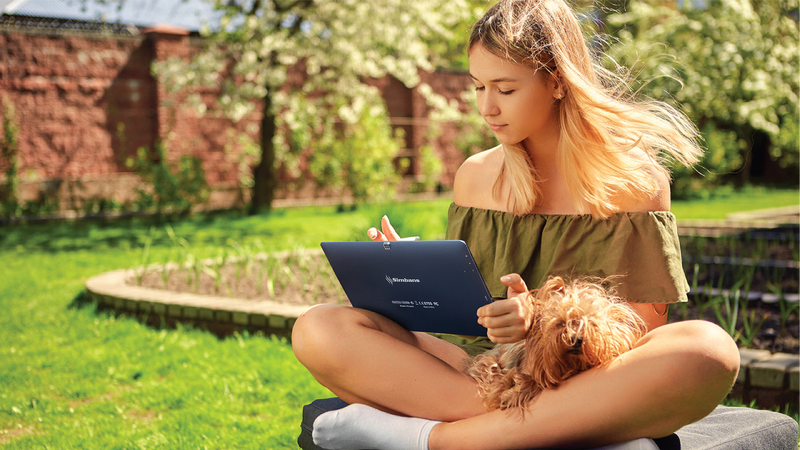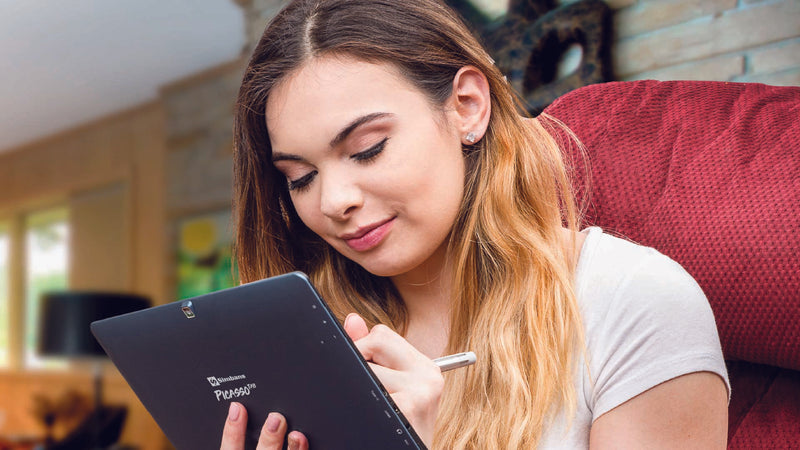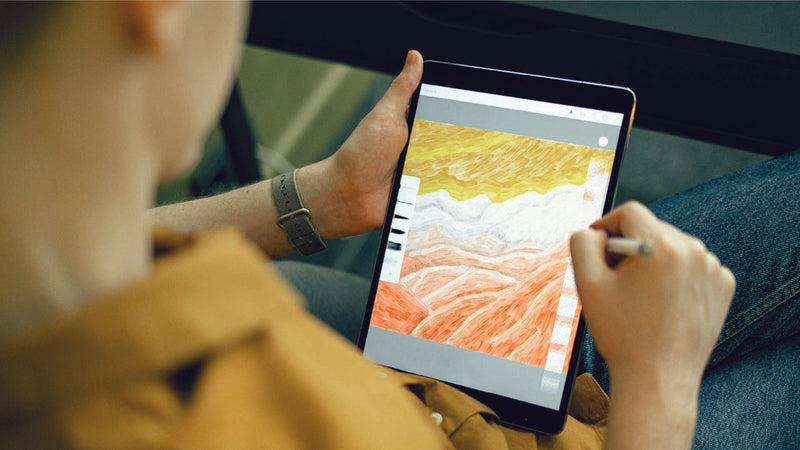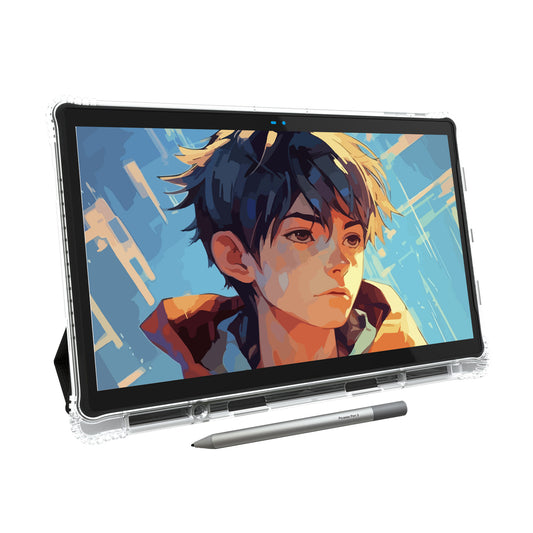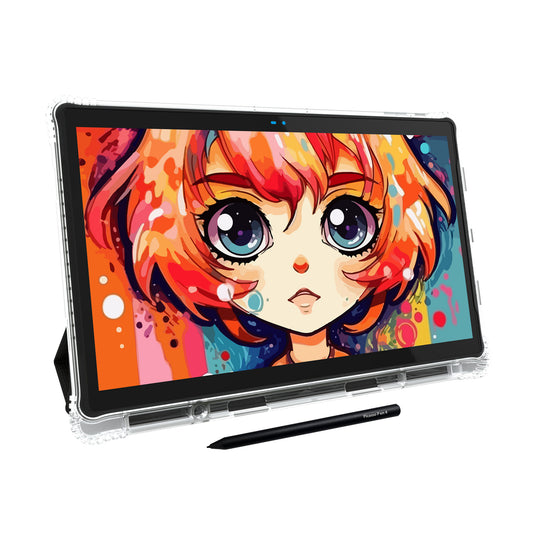Are you wondering if tablets with keyboards can replace laptops? The short answer is yes, especially if you prioritize portability and flexibility and don't have many computation-intensive tasks in your daily routine.
Five years ago, the answer might have been different. Traditionally, laptops had several advantages over tablets.
To start with, all laptops come with a physical keyboard, which is essential for students and office staff to complete their homework, projects, and office work.
Laptops are designed to handle both light and intensive processing, meaning you can complete a simple Excel operation and edit graphics or videos on the same machine.
Besides, they usually come with a bigger screen, larger storage capacity, and more connectivity options like ports for external monitors, USB devices, and more.
However, as technology continues to evolve, tablets with keyboards are slowly taking over laptops, much like how laptops eventually replaced desktops.
Many of the advantages laptops once had are becoming less significant to modern users. Let’s look into each of these aspects one by one.
Operating System (OS)
Most tablets run on Android or iOS, and the best part is that many applications are available for free on the Google Play Store or Apple Store.
Even if the apps are priced, they often cost a fraction of what software for laptops would.
If you can't live without Windows, there’s good news: more manufacturers are producing Windows tablets nowadays. Although the Microsoft Store doesn't offer as many free applications, it can still help you lower your software costs.
Physical Keyboard
A virtual or on-screen keyboard doesn't always offer the best typing experience, and bringing a separate wired or Bluetooth keyboard can be clumsy.
Seeing the demand in the market, manufacturers like Microsoft and Simbans have optimized the design of tablet-keyboard connections.
Consumers can now enjoy the flexibility of having a fully functional keyboard attached to a tablet when needed and carrying a standalone tablet for entertainment or presentations.
Check out the Best 5 Tablets with Keyboards in 2024.
Screen Size and Portability
There’s no doubt that wider screens on laptops make reading more comfortable. However, this comes at a price – laptops are much heavier than tablets, even when they are attached to a keyboard.
As more applications and websites adopt responsive designs, content display is often optimized for readers nowadays. You'll notice minimal difference when reading from a tablet compared to a laptop (some people may even prefer reading on a tablet).
What’s more, tablets with larger screens are available on the market. For example, take a look at the 11.6-inch TangoTab XL, which was just released in Q3 2021.
Storage Capacity
With cloud services becoming more popular, fewer people are concerned about how much storage is available on a physical device.
Everything can be safely saved on the cloud and retrieved at any time. No more worries about losing all your files after spilling coffee over your laptop!
Connectivity
To maintain the lightweight nature of a tablet, ports and components are often removed, but this doesn’t mean you can’t connect the tablet to multiple devices.
Thanks to technological advancements, you can now cast a screen to a monitor or TV and connect to a mouse or printer without any wires.
Additionally, some tablets offer cellular service, so you can still access the Internet even when you’re not connected to Wi-Fi.
Battery Life
One major competitive advantage of tablets is that their battery life usually far exceeds that of a laptop, allowing you to work or relax even without access to a power outlet.

